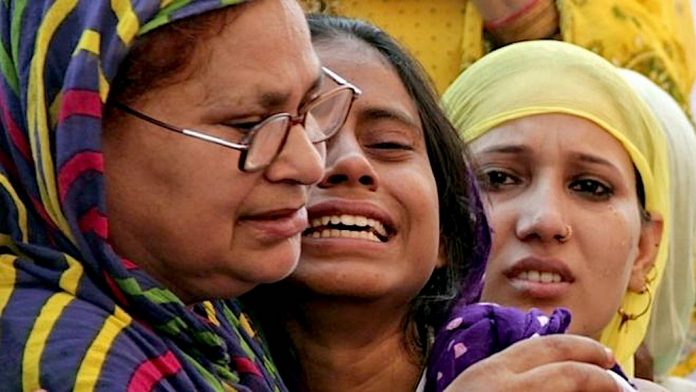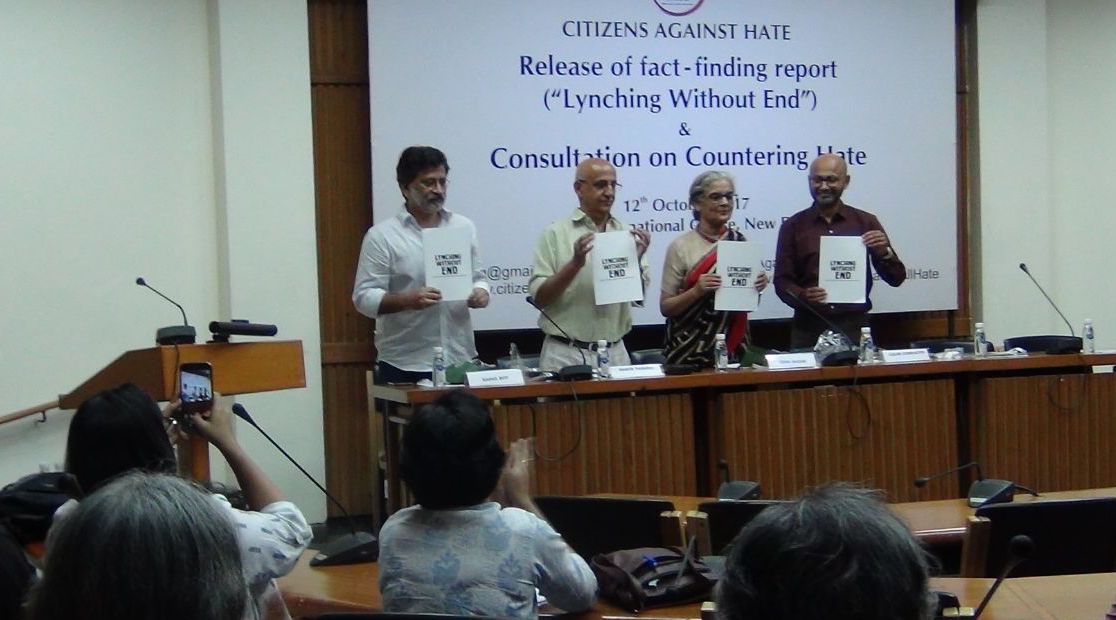
By Afroz Alam Sahil, TwoCircles.net
The same day as Prime Minister Narendra Modi criticized the acts of the so-called cow vigilantes, a man was killed by a mob on the pretext of carrying beef. And if there were hopes that the condemnation by the PM will stop the series of deaths in the country, they have most certainly been dashed away.
When words, however symbolic they may be, of the PM, make so little impact on actions of a certain section of the society (which let us not forget, idolises Modi as their leader), we are only left to wonder. Who is to be blamed for this: the weak laws of our nation, or the rather brazen alliance between these so-called cow vigilantes and the men in power?
To understand this better, TwoCircles.net spoke with Mohammed Sajjad, the founder of ‘Misaal Foundation’ and the convener of ‘Citizens against hate’.
Sajjad has extensively studied 24 incidents of mob lynching in the name of cow protection and prepared a report.
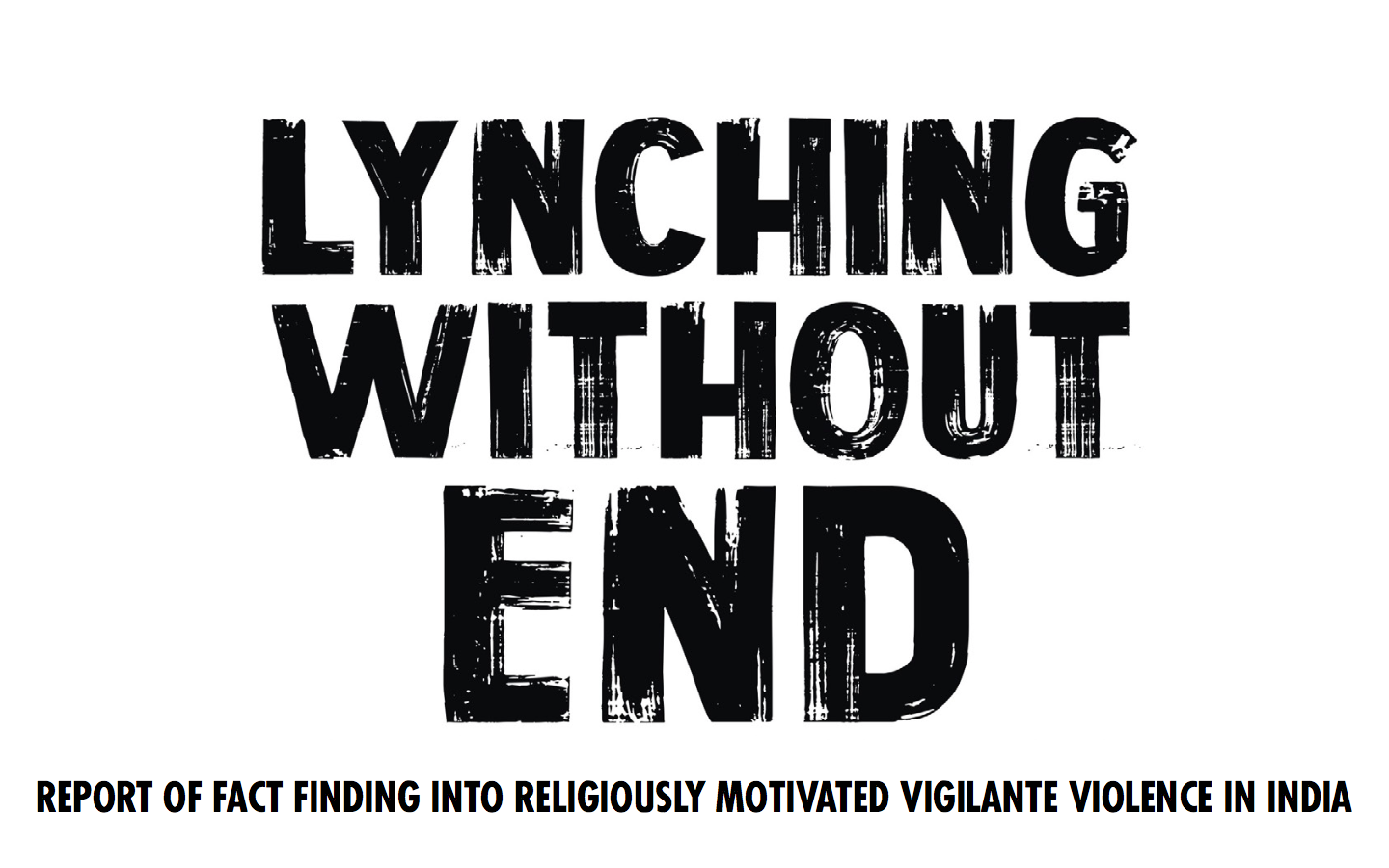
During the conversation, Sajjad touched on several aspects of this apparent madness, including how these acts had been encouraged time and again by people in power. The incident of Mohammed Akhlaq is one he mentions: where a cabinet minister openly sided with the assailants. But the encouragement goes much beyond mere words: Sajjad points out that almost inevitably, the assailants are people who are members of the extended BJP family: the RSS, the VHP, Bajrang Dal, Hindu Yuva Vahini etc. “In Bulandshahr, the FIR has been filed against a member of the Hindu Yuva Vahini, in Ramgarh the main accused in the BJP district media cell president while in Pune in the murder of Mohammed Mohsin Shaikh, the main accused is a member of Hindu Rashtra Sena,” Sajjad says. In other cases too, things are no different, he adds.
To prepare the report, Sajjad says, they only took the cases where attacks resulted in death. Most of the 24 cases are related to cow protection and they have resulted in the death of 35 people.
“We have also found that in places where ‘cow protection’ may not work as an agenda, the assailants have used various other issues to target minorities. For example, in one incident in Jharkhand, the Adivasi crowd was incited over claims that the alleged perpetrator was kidnapping children while the Hindus were told that he was trading in beef,” Sajjad says during the interview.
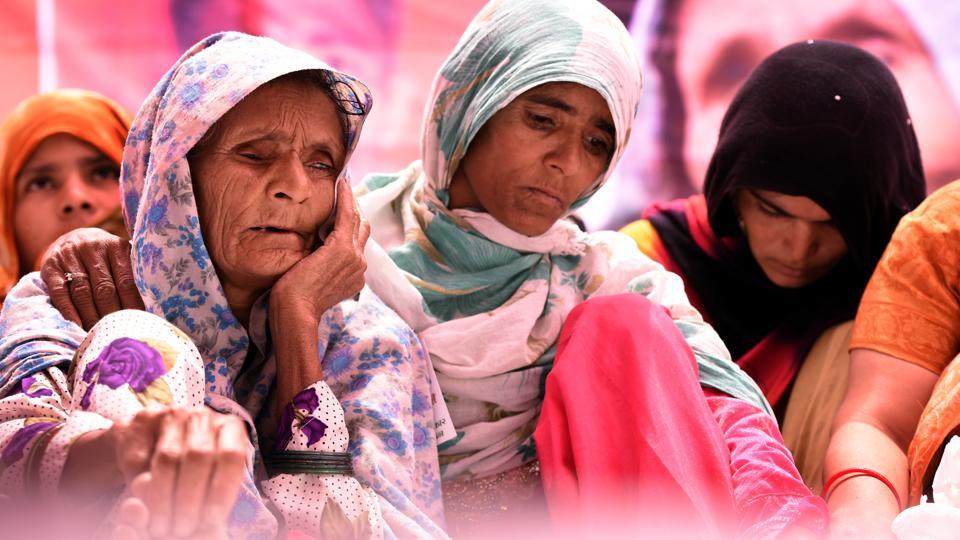
But what is more worrying, Sajjad says, is that several state governments are way beyond merely encouraging cow protection: they are actively engaging in promoting attacks in the name of cow protection. “In Haryana, the act of cow protection has been ‘outsourced’ to private parties. To implement a law, private parties work with the police. No wonder then, in almost all cases no FIR has been filed against the culprits. Instead, the only time the Police have taken action is when they have filed cases against families who have suffered but are instead blamed for the violence,” he says.
Explaining the situation in Haryana, Sajjad adds that the situation has become so dire that the state is now considering issued government ID cards to these so-called cow vigilantes. To ‘complement’ these vigilantes, there is now a cow-protection commission too. He adds that the situation is no different in Maharashtra, where the government is issuing advertisements in newspapers for ‘volunteers’ to help implement the cow-protection laws. “Such steps are creating an army of vigilantes who are taught to hate a certain community. It is naïve to think that the government is not involved in this,” Sajjad says.

The study conducted by Sajjad also shows that in most states, this violence is conducted by organized groups instead of a random ‘mob’ as is often claimed. In Jharkhand, however, even the mob can be of a certain type, he says. He talks of one incident, that of Minhaj Ansari, who died in police custody. But even here, the family of the deceased said they saw the district president of the VHP walk out of the police station the night Ansari was beaten, Sajjad says.
The only thing that is ‘uniform’ among all the acts is the role of police, which has time and again sided with the assailants.
Sajjad also explains the difference between communal riots and these acts of violence. People who indulge in divisive politics have realized that attempts to attack minorities en masse bring a bad reputation for the government along with bringing in the judiciary. However, with cow protection incidents, there is no ‘death’ on a large scale. “These incidents might kill just one person, but it manages to spread terror across an entire community. Even when I travel, I feel scared…in communal riots, there are certain regions that get affected, but these acts are much more widespread,” he says.
To elucidate his point, Sajjad points out the use of video footages recorded almost always by the perpetrators and shared on social media. “They know that the video can be circulated because they have the confidence that neither the government nor the police will act against them,” Sajjad added.
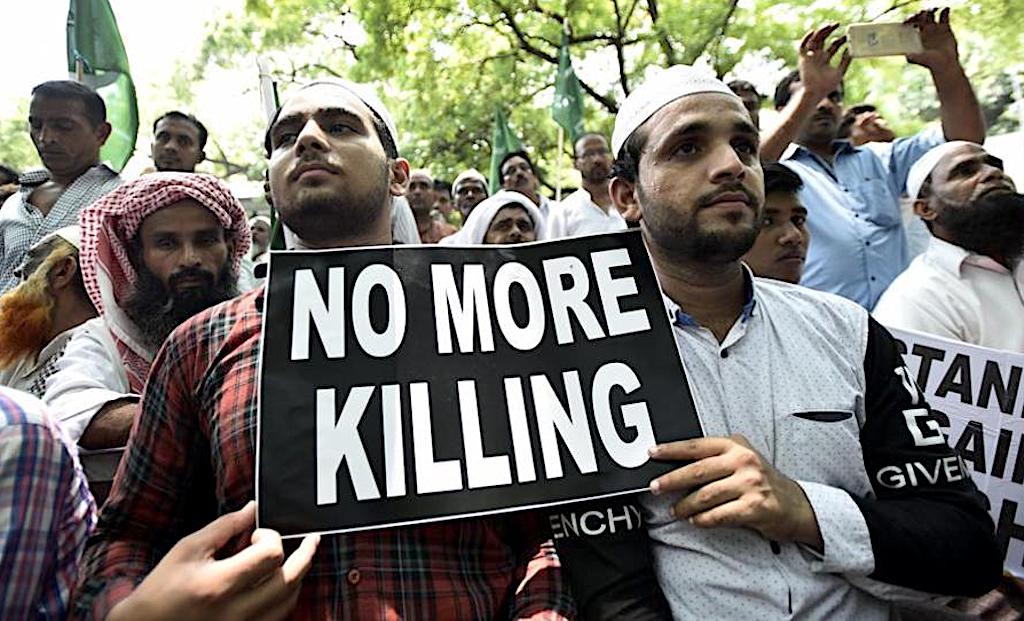
The fear may have directly affected Muslims in India, but Sajjad believes this issue has impacted a lot of other Indians too. The families of all the deceased have been from lower castes and are unable to afford legal procedures. The society should come together and help them, suggested Sajjad.
In a special appeal to the Muslim community, Sajjad said the community needs to unite and collect more evidence. Along with this, the community needs to help the families of the ones affected and extend the support to Dalits too who have to face such brutalities. “Laws are the only recourse we (Muslims) have…people who deal with cows and dairy products should be made more aware of the relevant laws in their state…the youth should do this,” he says. However, Sajjad adds that the brutal truth is that even laws cannot save people’s lives given the level of hatred generated by these so-called cow vigilantes.
Sajjad’s extensive report is a result of his works with Citizens against Hate, which is a secular and democratic organization committed to creating awareness and fighting hate crimes. The group, which focuses mostly on the legal aspects, is proving the legal help to the families of nine people who died in five separate incidents of mob lynching. Using this report, a PIL has been filed in the Supreme Court.


